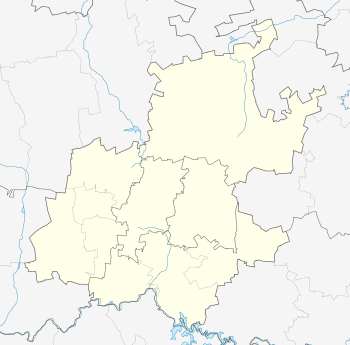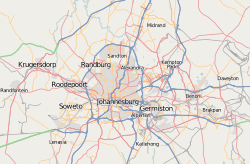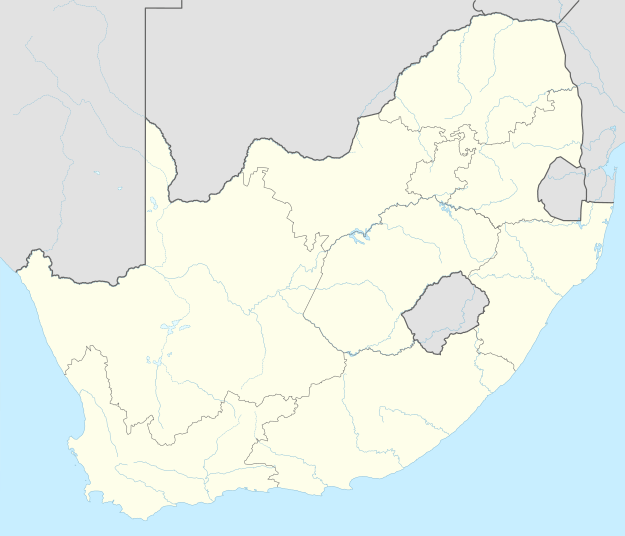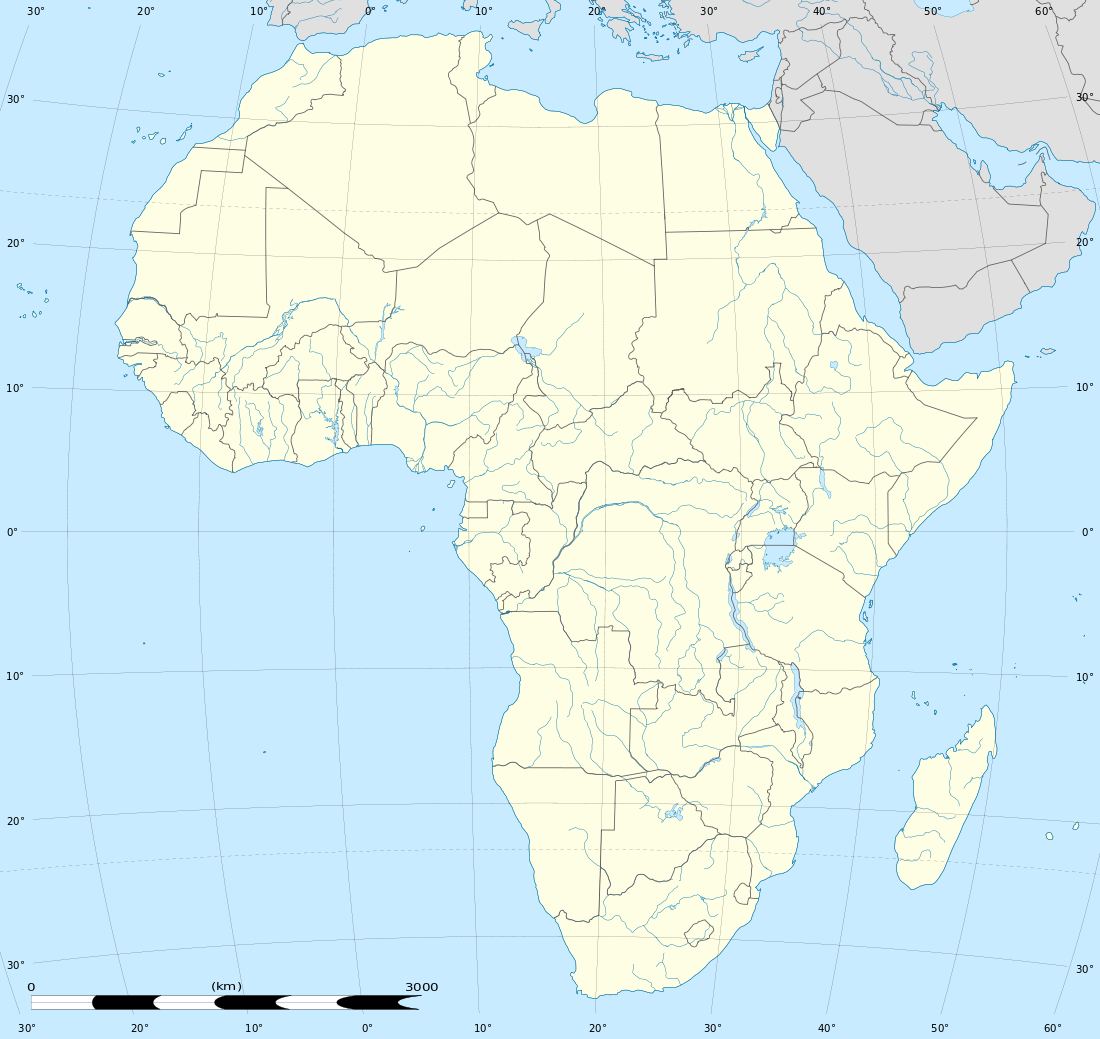Pageview, Gauteng
| Pageview | |
|---|---|
 Pageview | |
|
Location within Greater Johannesburg  Pageview  Pageview Pageview (South Africa)  Pageview Pageview (Africa) | |
| Coordinates: 26°11′53″S 28°01′01″E / 26.198°S 28.017°ECoordinates: 26°11′53″S 28°01′01″E / 26.198°S 28.017°E | |
| Country | South Africa |
| Province | Gauteng |
| Municipality | City of Johannesburg |
| Main Place | Johannesburg |
| Area[1] | |
| • Total | 0.17 km2 (0.07 sq mi) |
| Population (2011)[1] | |
| • Total | 947 |
| • Density | 5,600/km2 (14,000/sq mi) |
| Racial makeup (2011)[1] | |
| • Black African | 29.4% |
| • Coloured | 11.1% |
| • Indian/Asian | 41.1% |
| • White | 14.8% |
| • Other | 3.7% |
| First languages (2011)[1] | |
| • English | 42.1% |
| • Afrikaans | 27.0% |
| • Zulu | 4.1% |
| • Northern Sotho | 3.1% |
| • Other | 23.7% |
| Time zone | UTC+2 (SAST) |
| Postal code (street) | 2092 |
Pageview is a suburb of Johannesburg, South Africa. It is located in Region F of the City of Johannesburg Metropolitan Municipality. Originally populated by non-whites including Cape Malays and Indians, it was one of two adjacent suburbs (Pageview & Vrededorp) commonly known as Fietas.[2]
History
In 1894, the land that would eventually become Pageview, was created by the South African Republic for non-whites and was known as the Malay Camp with 279 stands but by 1905 was mostly inhabited by Indian South Africans.[3]:206[4] On 27 January 1942, the Malay Location Standholders and Traders Association requested the name of the township be changed to Pageview after Johannesburg Mayor J.J Page.[3]:206 The town was renamed on 23 February 1943 and the council asked the government to give the Indian land owners ownership of the their land.[3]:206 In 1948, the National Party won the election and would soon introduced Apartheid. The area would be declared a white area which meant the eviction of all non-white residents, with black residents going to Soweto and Indian residents to Lenasia with evictions continuing from 1964 to 1970.[3]:206[4] Many homes were bulldozed, and housing for white people was built on some of the land, with large parts remaining undeveloped. This heritage is now commemorated at the Fietas Museum The Oriental Plaza, a shopping centre, was built by the Johannesburg City Council to compensate the traders who lost the shops during the forced removals.[3]:206
References
- 1 2 3 4 "Sub Place Pageview". Census 2011.
- ↑ "Archived copy". Archived from the original on 2014-11-11. Retrieved 2014-09-09.
- 1 2 3 4 5 Musiker, Naomi; Musiker, Reuben (2000). A Concise Historical Dictionary of Greater Johannesburg. Cape Town: Francolin. ISBN 1868590712.
- 1 2 "Pageview". South African History Organisation. 21 January 2018.